Now Foods Advanced Gamma Vitamin E Complex 120 Softgels
Benefit of Vitamin E
- Beneficial for non-alcoholic fatty liver disease NAFLD
- Prevention of prostate cancer
- Beneficial for blood lipid regulation
- Decreases inflammation: C-reactive protein
- Reduce the risk of senile cataracts
- Beneficiary to myocardial infarction.
- Beneficial for dementia (especially Alzheimer’s)
- Beneficial for seasonal allergic rhinitis
Description
Vitamin E is also known as tocopherol. It was first discovered related to the reproductive ability of animals. If it is lacking, it is easy to cause infertility and miscarriage. However, decades of research have shown that the benefits of vitamin E are more than that. Vitamin E is a kind of fat-soluble antioxidant. It is a light yellow oily substance with eight isomers. It can be divided into subtypes of tocopherol and subtypes of tocotrienol. Each type is further classified into α-, β-, γ- or δ-forms, which are defined by the number and position of methyl groups on the chromophore ring, each with respect to stereoisomerism, esterification and biological activity different. Vitamin E is mainly bound to the hydrophobic interior of cell membranes and protects cell membranes from damaging oxidation by providing electrons to lipid peroxidation products to scavenge free radicals. In humans, alpha-tocopherol is the most abundant form.
Benefit of Vitamin E
- Beneficial for non-alcoholic fatty liver disease NAFLD
NAFLD is a diagnosis of exclusion characterized by the absence of alcohol consumption and other causes of chronic liver disease (e.g., viral hepatitis, hemochromatosis, Wilson disease, autoimmune hepatitis, drug-induced hepatitis, and chronic endocrine or genetic causes of hepatitis). NAFLD is the most common cause of chronic liver disease, affecting 15% to 30% of the general population, but is more prevalent in people with diabetes, metabolic syndrome and severe obesity. Vitamin E can provide positive help to the fatty liver. - Prevention of prostate cancer
According to the World Health Organization (WHO), an average of 18.1 million people worldwide are diagnosed with cancer every year, which has become one of the major public health problems threatening human health worldwide. Vitamin E supplementation may help reduce prostate cancer rates in high-risk groups. - Beneficial for blood lipid regulation
Hyperlipidemia is a multifactorial disease related to heredity and environment, mainly manifested as plasma dyslipidemia. These include increases in total cholesterol (TC), low-density lipoprotein cholesterol (LDL-C), and triglycerides (TG), and decreases in high-density lipoprotein cholesterol (HDL-C). Hyperlipidemia has been shown to significantly increase the risk of atherosclerosis, stroke, myocardial infarction and other cardiovascular and cerebrovascular diseases, and the possibility of suffering from cardiovascular and cerebrovascular diseases is twice as high as those with normal blood lipids. Vitamin E supplementation has positive effects on blood lipid regulation. - Decreases inflammation: C-reactive protein
C-reactive protein is an acute-phase protein of the pentraxin family, which is synthesized by hepatocytes and is one of the most well-known biomarkers of systemic inflammation, including infection, tissue damage and chronic inflammation. Indicators of various pathological processes including disease. Elevated levels are considered an independent and strong predictor of cardiovascular disease and atherothrombotic events. Vitamin E supplementation (in the form of alpha-tocopherol or gamma-tocopherol) reduces serum C-reactive protein levels. Vitamin E may have positive effects on lowering C-reactive protein. - Reduce the risk of senile cataracts
Age-related cataract is a visible opaque object in the lens that, when located on the visual axis, causes vision loss. Senile cataracts, on the other hand, refer to cataracts that do not occur until the age of 50 and are not associated with known congenital, metabolic disturbances, drug-induced opacification, trauma, chemical or radiation factors. Dietary vitamin E intake, supplemental vitamin E intake, and higher serum tocopherol values may be significantly associated with reduced risk of age-related cataracts. - Beneficiary to myocardial infarction.
Myocardial infarction is a type of heart attack in which blood flow to the heart is reduced due to the formation of plaque in the lining of the arteries, causing a lack of oxygen that can damage the heart muscle. The British Heart Association estimates that the annual incidence of acute myocardial infarction in people aged 30 to 69 is 0.6% for men and 0.1% for women. Symptoms include: chest pain (from left arm to neck), shortness of breath, sweating, nausea, vomiting, abnormal heartbeat, anxiety, fatigue, weakness, stress, depression, etc. Vitamin E supplementation alone can reduce the incidence of myocardial infarction by 18% (especially the daily dose greater than 400 IU is the most significant). - Beneficial for dementia (especially Alzheimer’s)
As people get older, memory and cognitive function will gradually degenerate, and this process is usually very slow. Unless there is a sudden stroke, or the brain is injured for various reasons, it is impossible to suddenly develop dementia. Generally, forgetfulness and dementia caused by aging are completely different situations. Forgetfulness is the occasional forgetting of things and things, but it will still be remembered later, while in dementia, the frequency of forgetting will increase, and even if others remind you, there is no impression. Even started to deny what happened At present, about 60% of dementia cases are Alzheimer’s disease, a disease in which brain nerve cells gradually die. In the advanced stage, cognitive and behavioral abilities may even be lost, requiring people to take care of their daily life. - Beneficial for seasonal allergic rhinitis
Seasonal allergic rhinitis (SAR), also known as hay fever, is a complex symptom of An inflammatory state of the upper respiratory tract that occurs when pollen from trees, grasses, and weeds affects 30% to 40% of adults and children, with an increasing prevalence. Vitamin E (800 mg daily) helps to further reduce nasal symptoms (eg: sneezing, stuffy nose, runny nose, itching) during pollen season.
Vitamin E Possible Side Effects
Oral vitamin E is generally considered safe when taken in appropriate doses. Most people do not experience any side effects when taking the recommended dose of 15 mg (22.5 IU) per day. Be aware, however, that possible side effects that have been reported with high doses of vitamin E include: nausea, diarrhea, stomach cramps, fatigue, weakness, headache, sarcosinuria, blurred vision, rash, constipation, bruising, and bleeding.
Available Sizes
| Size | Servings | UPC | |
|---|---|---|---|
| 120 Softgels | 60 | 733739008114 |
Suggested Usage
Take 2 softgels daily with food.
Caution
- Stop taking vitamin E supplements two to four weeks before scheduled surgery, including dental procedures, to reduce the risk of bleeding during and after surgery.
- Patients with retinitis pigmentosa (an inherited vision-degenerative disease) should avoid taking high-dose vitamin E supplements (above 400 IU per day may accelerate the loss of retinal function).
- Do not use in combination with anticoagulants and antiplatelet drugs, which may increase the risk of bleeding, related drug names such as aspirin , clopidogrel, diclofenac.
- Do not combine with drugs that are metabolized by cytochrome P450 3A4 enzymes. Vitamin E may increase the rate at which the liver breaks down certain drugs, thereby reducing efficacy. Related drug names such as: lovastatin, ketoconazole, itraconazole, fexofenadine, triazolam.
- High doses of vitamin E may interfere with chemotherapy drugs.
- Do not combine with supplements with anticoagulant properties, such as fish oil, garlic, curcumin or ginkgo, which may increase the risk of bleeding.
- For adults only. Consult a physician if pregnant/nursing, taking medication, or have a medical condition. Keep out of reach of children.
Supplement Facts
| Serving Size: | 2 Softgels |
|---|---|
| Servings Per Container: | 60 |
| Description | Amount per Serving | % Daily Value |
|---|---|---|
| Calories | 10 | |
| Total Fat | 1 g | 1%** |
| Vitamin E (as d-alpha Tocopherol) | 300 mg | 2000%** |
| Total Tocopherols | 600 mg | †Daily Value not established. |
| Gamma-Tocopherol | 200 mg | †Daily Value not established. |
| Mixed Palm Tocotrienol Complex (Tocomin®) | 10 mg | †Daily Value not established. |
| **Percent Daily Values are based on a 2,000 calorie diet. | ||
| †Daily Value not established. | ||
Other Ingredients: Softgel Capsule [bovine gelatin (BSE-free), glycerin, water, carob] and Rice Bran Oil. Contains soy.
Not manufactured with wheat, gluten, milk, egg, fish or shellfish ingredients. Produced in a GMP facility that processes other ingredients containing these allergens.
This product also has the following naturally occurring Mixed Tocopherols and Mixed Tocotrienols: delta-Tocopherol, beta-Tocopherol, gamma-Tocotrienol, alpha-Tocotrienol, delta-Tocotrienol, beta-Tocotrienol
Natural color variation may occur in this product.
You must be logged in to post a review.

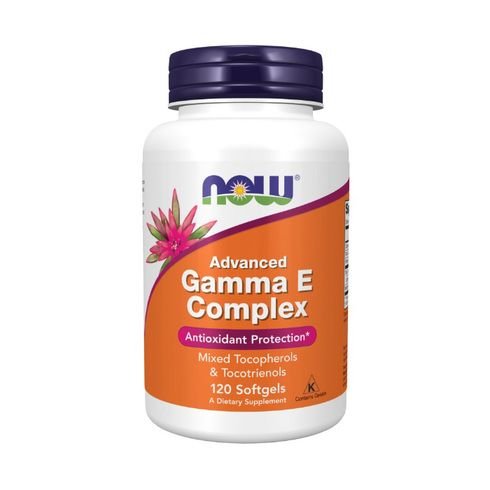



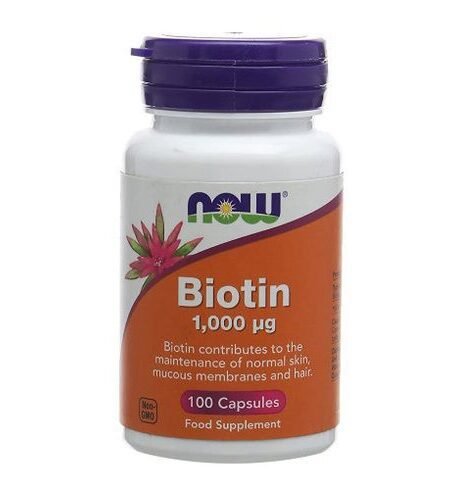
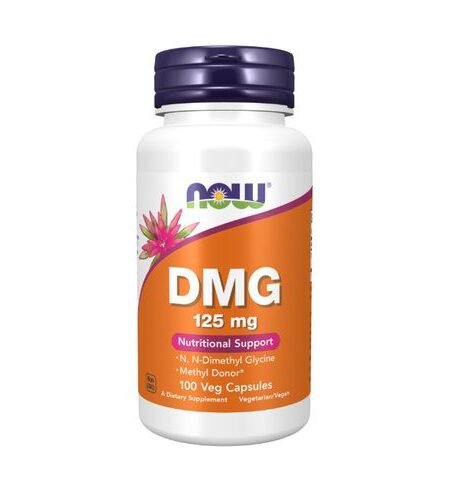



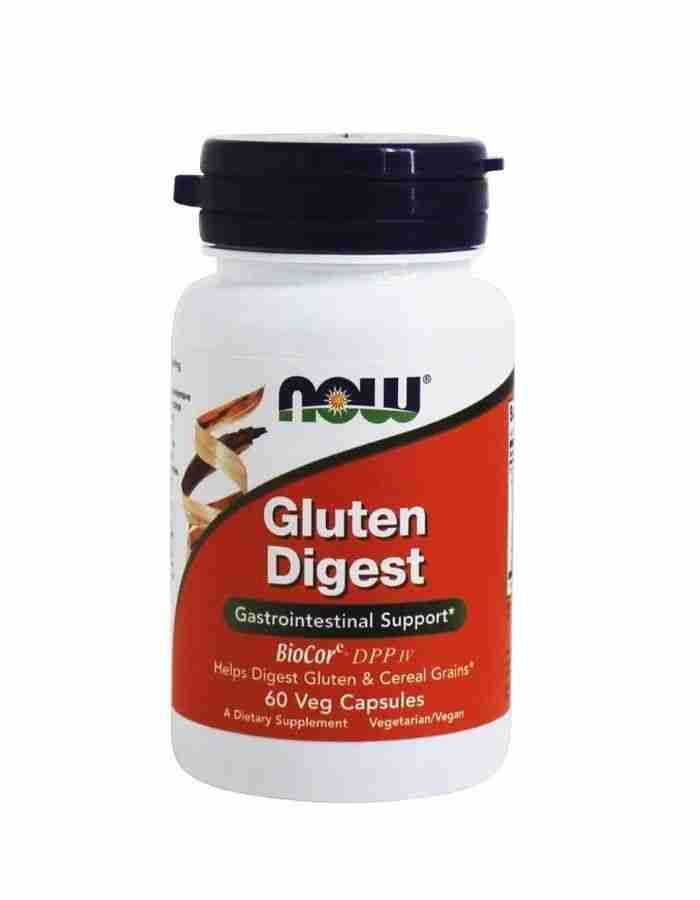


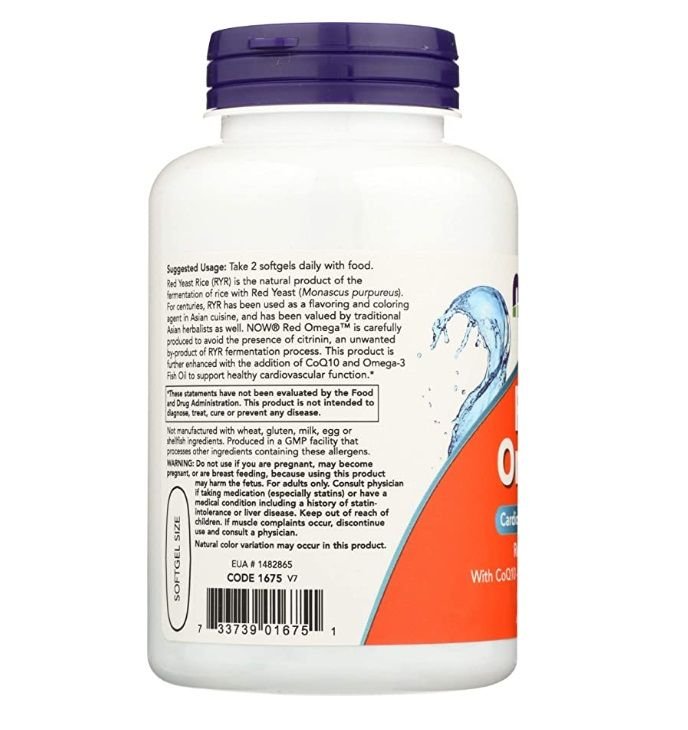





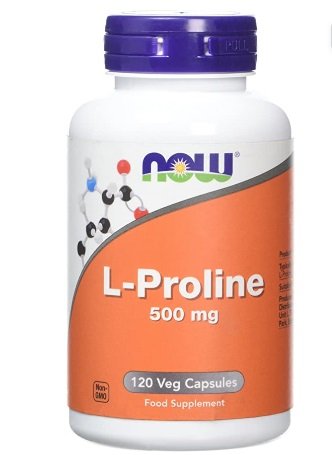
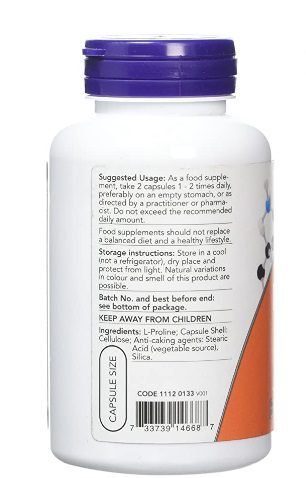
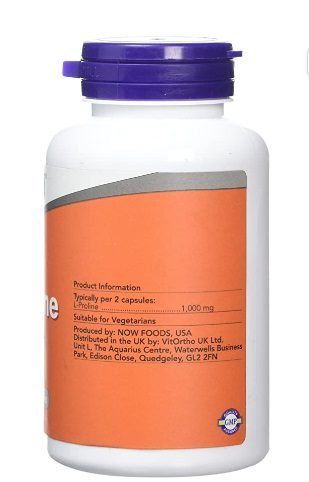


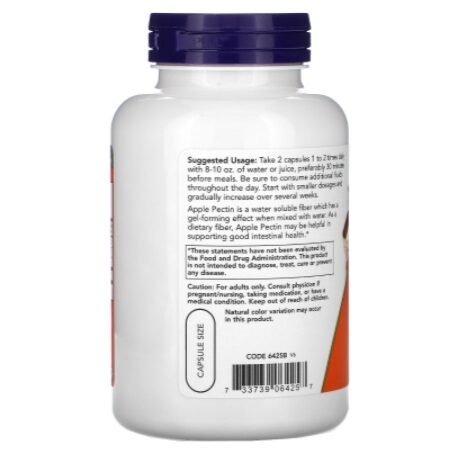
Reviews
There are no reviews yet.